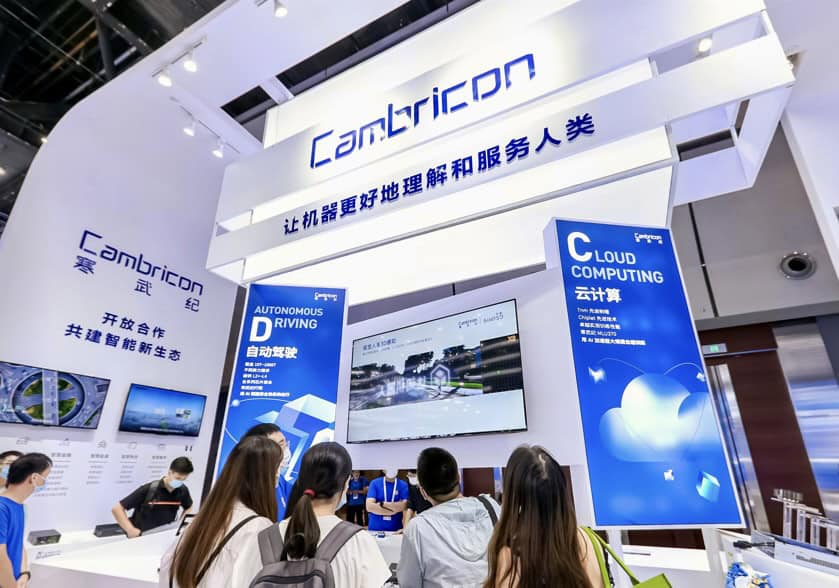Oriana Skylar Mastro is a fellow at the Freeman Spogli Institute for International Studies and an assistant professor of political science at Stanford University. She is also a nonresident scholar at the Carnegie Endowment for International Peace. Her recent book, Upstart: How China Became a Great Power, offers a framework to understand how China formulates its strategies. We began the interview by discussing that book: the following is an edited transcript of our conversation.
Oriana Skylar
Navigate China's Business Landscape with Confidence.
- Gain visibility into supplier risks
- Easily manage trade compliance
- Conduct in-depth due diligence



